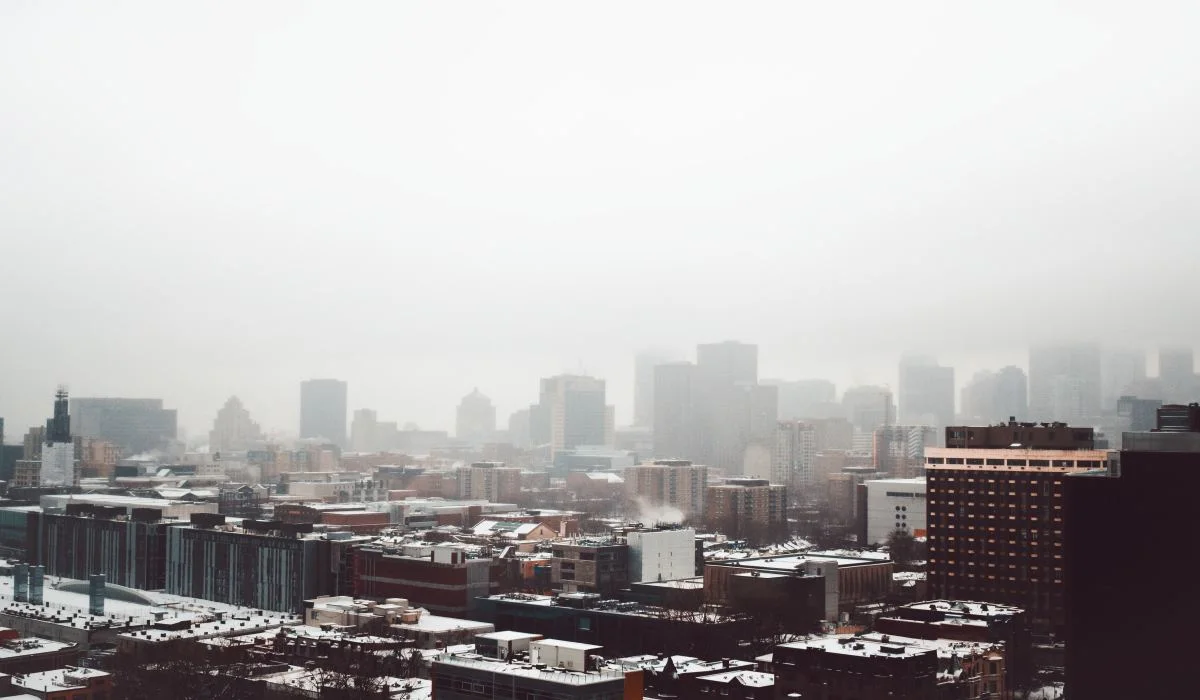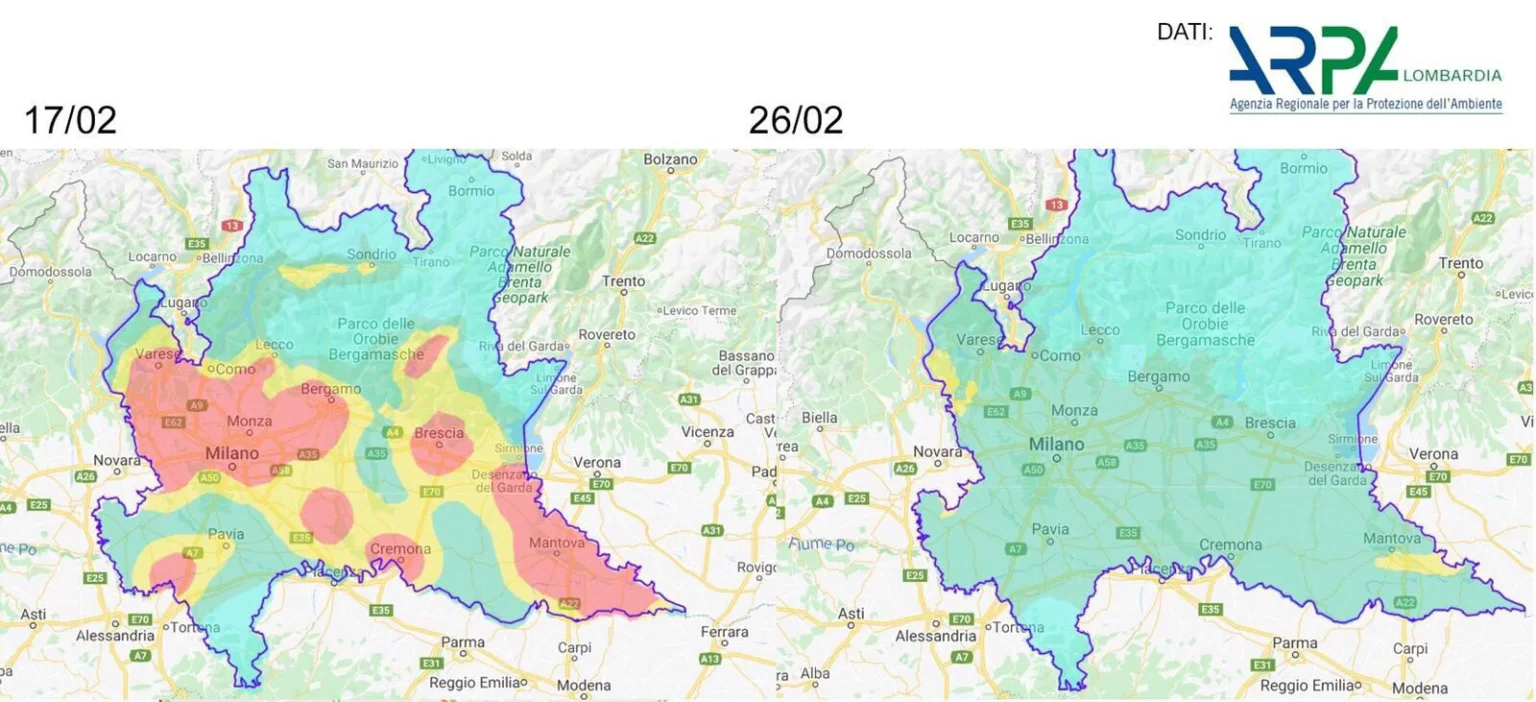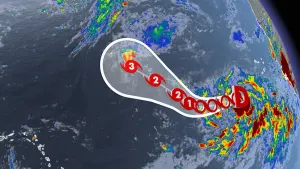
Covid-19 a bigger threat to people in polluted cities, say experts
Though pollution levels have plunged due to the virus, the improvement is too short-term to improve the prognosis of Covid-19 sufferers.
The worldwide Covid-19 outbreak has actually driven a plunge in emissions and air pollution -- but experts say while the clearer air is welcome, people in the most polluted cities are still more at risk from the disease, regardless of the better air quality.
Residents of high-pollution areas are likelier to suffer from hypertension, diabetes and respiratory diseases, which the European Public Health Alliance (EPHA) says are increasingly linked to higher mortality rates among Covid-19 patients.
"Patients with chronic lung and heart conditions caused or worsened by long-term exposure to air pollution are less able to fight off lung infections and more likely to die. This is likely also the case for Covid-19," Dr. Sara De Matteis, Associate Professor in Occupational and Environmental Medicine at Italy's Cagliari University, said in a release from the EPHA.
The rise in air quality has been particularly marked in places worst-hit by the pandemic, like China, which saw total emissions drop by a quarter last month, and Italy, where a country-wide lockdown saw a drastic plunge in nitrogen dioxide levels.

PM10 levels in northern Italy have fallen dramatically after 10 days of COVID-19 social distancing measures. Image: EPHA
The EPHA mentions northern Italy, whose northern region of Lombardy has some of the highest air pollution in Europe, as a hotspot for particulate matter such as PM10, as well as nitrogen dioxide and ground-level ozone. However, the NGO notes the problem is widespread across Europe, with urban nitrogen dioxide pollution coming largely from the continent's large number of diesel vehicles.
But although pollution levels have dropped, the decline is too short-term to make a difference in the prognosis of Covid-19 sufferers who've been living in those conditions for years.
"Governments should have tackled chronic air pollution long ago, but have prioritized the economy over health by going soft on the auto industry," EPHA Acting Secretary-General Sascha Marschang says. "Once this crisis is over, policymakers should speed up measures to get dirty vehicles off our roads. Science tells us that epidemics like Covid-19 will occur with increasing frequency. So cleaning up the streets is a basic investment for a healthier future.”










